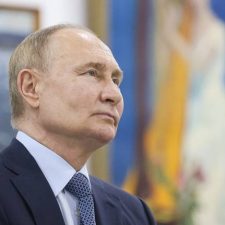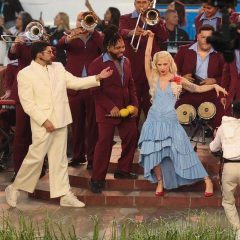Brazilian President Dilma Rousseff’s political troubles are growing by the day following a March 15 anti-government protest that drew much bigger crowds than expected — about 1.5 million people nationwide — and new corruption charges against key members of her ruling Workers Party.
Judging from what I heard from former President Fernando Henrique Cardoso, Sen. Jose Serra and other leading Brazilian politicians when I interviewed them this week, Rousseff may not be impeached — at least for now — in the political scandal over the more than $800 million in bribes paid to government officials and legislators of the ruling Workers Party.
But Rousseff may be politically paralyzed for the remainder of her term, which ends in January 2019. The investigation into the state-run Petrobras oil company’s kickbacks to leading politicians while she was a member of Petrobras board is likely to stretch for one or two years. By the time it ends — assuming that she emerges unscathed — she will be a lame-duck president.
To make things worse, Brazil’s economy will have its worst performance in 25 years this year, according to a recent Central Bank survey of leading economists, which projected a 0.6 percent contraction of the economy in 2015. Few economists expect a major economic turnaround in coming years, barring an unlikely move by Rousseff to reach out to the opposition and approve key economic reforms.
To continue reading this article click The Miami Herald
Etiquetas: Andres Oppenheimer, Brazil

 Share On Facebook
Share On Facebook Tweet It
Tweet It














